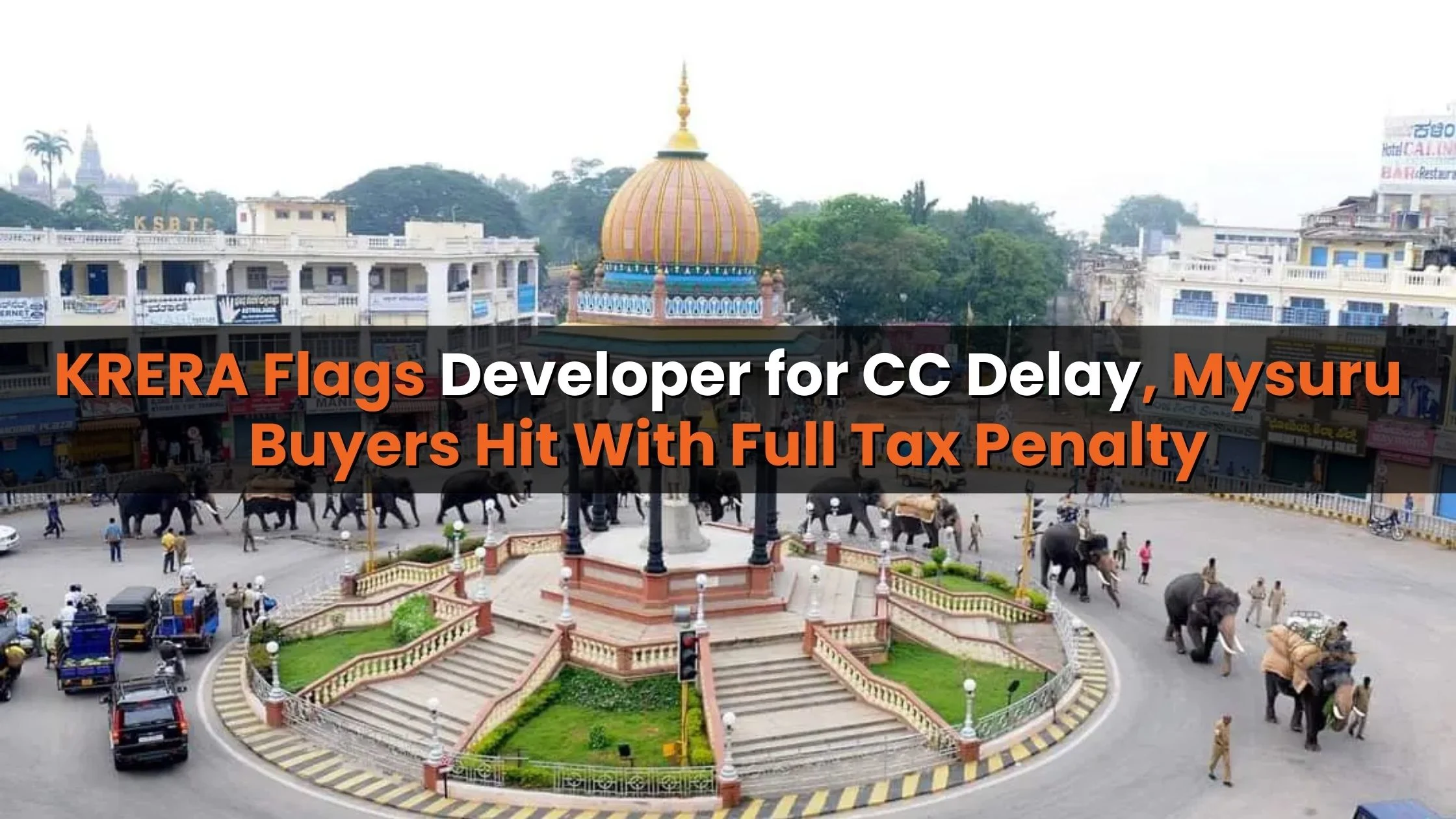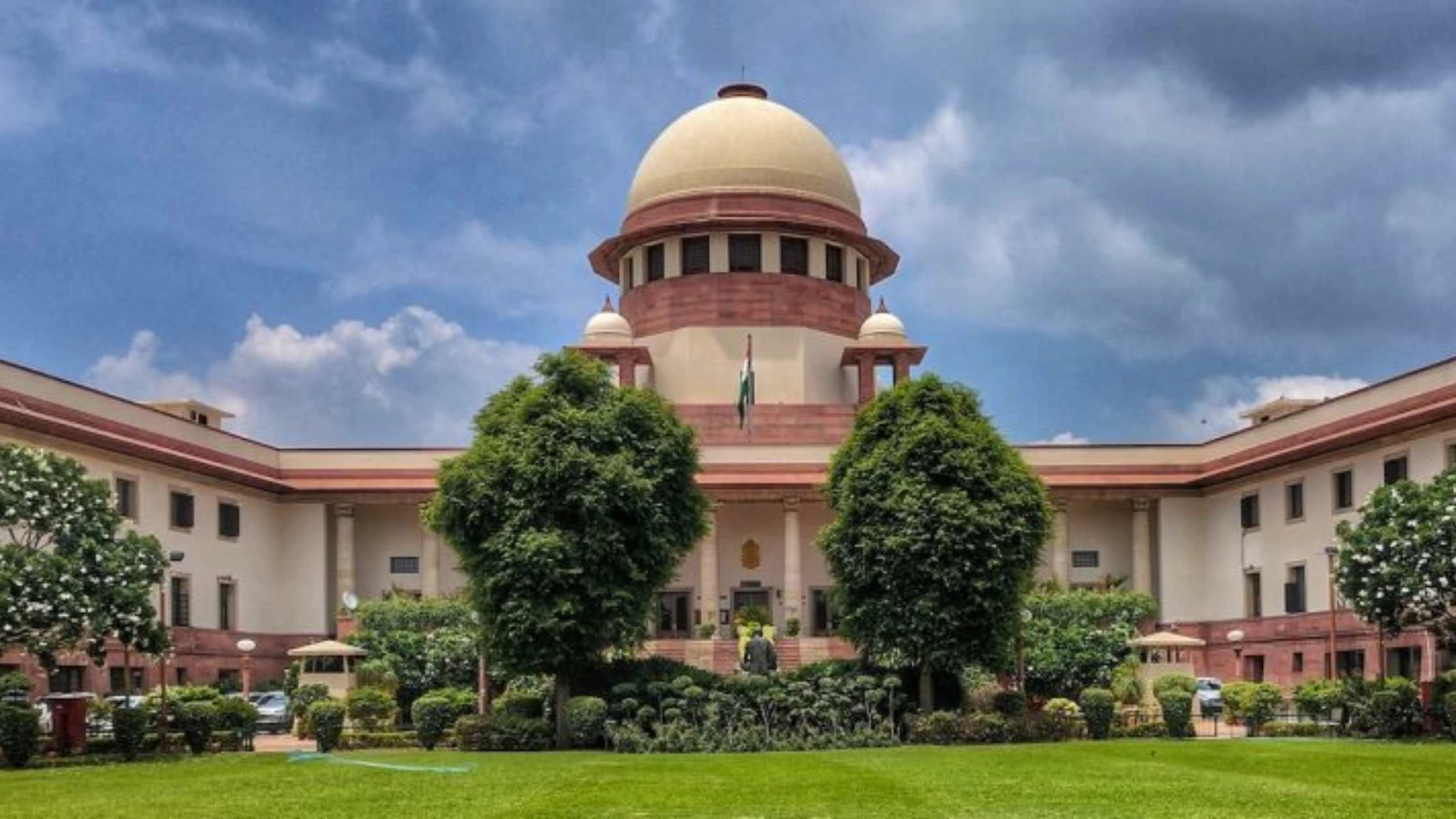Table of Content
▲
In a progressive move aimed at encouraging property ownership among women, the Uttar Pradesh government has revised its stamp duty exemption policy, significantly expanding its scope and benefits. Women homebuyers in Uttar Pradesh can now avail a 1% stamp duty rebate on residential properties valued up to ₹1 crore a tenfold increase from the previous ₹10 lakh limit. This change could potentially reduce the cost of homeownership by up to ₹1 lakh, making a meaningful difference for aspiring women homeowners across the state.
The decision was approved during a state cabinet meeting chaired by Chief Minister Yogi Adityanath on July 22, and is expected to influence buying patterns, especially in emerging housing markets like Noida, Greater Noida, and Ghaziabad.
What Has Changed in the Policy?
Previously, the state offered a 1% stamp duty concession only for properties registered in a woman’s name, but the benefit was capped at just ₹10,000 and limited to homes valued under ₹10 lakh. Given today’s real estate prices, that threshold was rarely useful in practical scenarios.
With the updated regulation, women homebuyers in Uttar Pradesh purchasing properties worth up to ₹1 crore will now be eligible for a full 1% rebate on the applicable stamp duty, resulting in potential savings of up to ₹1 lakh. This move marks a substantial improvement in the policy’s relevance and reach, particularly in urban and suburban areas where mid-segment properties fall well within this revised threshold.
Also Read: India’s Housing Market Turns Premium in H1 2025, with 62% of Sales from ₹1 Crore+ Homes
Why It Matters for Women Homebuyers in Uttar Pradesh
This updated policy holds the potential to increase female participation in real estate ownership and support broader goals of financial empowerment and inclusion. Real estate developers and legal professionals have welcomed the announcement, noting that it not only helps women build wealth through assets but also encourages families to consider joint or sole registrations under women’s names.
For women homebuyers in Uttar Pradesh, this move translates into more than just financial savings—it also sends a clear message about gender equity in asset ownership. Government-backed incentives like this one align with programs such as Mission Shakti, aimed at promoting socio-economic empowerment for women across the state.
Expert Views: A Step Forward, But Room for More
Real estate stakeholders have widely appreciated the policy, but some feel the ₹1 crore cap could still be restrictive in premium micro-markets.
Rohit Singh, Managing Partner at ZEUS Law, highlighted the improved benefits by saying, “A tenfold increase in the exemption limit is a meaningful step. However, in high-value markets like Noida, ₹1 crore is often the baseline. Increasing the threshold to ₹2.5 crore, or removing the cap entirely as seen in Delhi would make the benefit more inclusive and impactful.”
In the national capital, women are entitled to a 1% stamp duty rebate regardless of the property’s value, including luxury homes above ₹5 crore. Singh emphasized that aligning UP’s policy with such models could widen its effect.
Mid-Segment Market Stands to Benefit
Real estate analysts believe that the policy change is likely to bolster demand in the mid-range housing market. According to Vikas Tomar, Executive President at Square Yards, “The move supports end-users and first-time buyers who are active in the ₹50 lakh to ₹1 crore range. These buyers are often looking at Noida, Ghaziabad, and Greater Noida areas with a robust pipeline of inventory in this price segment.”
He further added that women homebuyers in Uttar Pradesh now have a compelling reason to register properties in their names, which also supports long-term financial stability and access to credit.
Could This Lead to More Joint Property Registrations?
Industry insiders believe this incentive might increase the number of joint property registrations, where women are added as co-owners to qualify for the stamp duty rebate. Santhosh Kumar, Vice Chairman of Anarock Group, noted, “This policy change can influence homebuying decisions, especially among middle-income households. It supports the idea of shared ownership, aligns with women’s empowerment goals, and makes homeownership more attainable.”
Kumar also pointed out that real estate prices in cities like Noida and Ghaziabad have appreciated significantly in recent years. A 1% rebate on a property up to ₹1 crore is not just symbolic it represents meaningful savings for families navigating rising property costs.
Also Read: Godrej Properties Restructures Leadership for MMR Region Operations
Wider Discussions Around Stamp Duty Reform
While the revised rebate is a welcome move, several experts have reiterated the need for broader stamp duty reform. Vikas Bhasin, MD of Saya Group, explained, “Stamp duty and GST are among the biggest add-ons to property cost, especially for under-construction units. Reducing these transaction charges will make housing more affordable not just for women, but for all segments of buyers.”
He added that in the current housing landscape, even a minor reduction in transactional costs can influence buying sentiment, particularly for younger households trying to step onto the property ladder.
Conclusion
By increasing the stamp duty exemption limit for women from ₹10 lakh to ₹1 crore, the Uttar Pradesh government has taken a major step toward supporting gender-inclusive property ownership. While industry experts acknowledge that more expansive reforms could amplify the impact, the current change is already a strong policy shift in favor of female empowerment.
For women homebuyers in Uttar Pradesh, this is more than a tax concession it’s an opportunity to assert financial independence, secure long-term assets, and participate more actively in the real estate market. With growing interest in mid-range housing across Noida, Greater Noida, and Ghaziabad, this move could act as a catalyst for wider homeownership and investment in the state’s urban housing sector.
Follow AquireAcers Whatsapp Channel to Stay Updated With The Latest Real Estate News






Ans 1. Women buying residential properties worth up to ₹1 crore in Uttar Pradesh can now avail a 1% rebate on stamp duty, which could result in savings of up to ₹1 lakh.
Ans 2. Previously, the stamp duty exemption was limited to properties below ₹10 lakh, with a maximum rebate of just ₹10,000. The updated policy increases the exemption threshold tenfold, making it more practical and impactful.
Ans 3. The decision was approved during a Uttar Pradesh Cabinet meeting chaired by CM Yogi Adityanath on July 22, 2025.
Ans 4. Only women buyers are eligible. The property must be registered in the woman’s name either solely or jointly.
Ans 5. No. The 1% stamp duty rebate is applicable only for residential properties valued up to ₹1 crore.
Ans 6. Mid-segment markets like Noida, Greater Noida, and Ghaziabad are expected to see the greatest impact, where many properties fall within the ₹50 lakh–₹1 crore range.
Ans 7. Yes, if a woman is a co-owner, the registration may qualify for the rebate, depending on how the ownership is structured.
Ans 8. While it may not lower prices, the rebate lowers the entry cost for women buyers, which could boost demand in the ₹50 lakh–₹1 crore segment, especially among first-time homebuyers.
Ans 9. States like Delhi offer a 1% stamp duty rebate for women buyers with no upper limit on property value, which some experts believe is a more inclusive model.
Ans 10. Yes. The rebate is capped at properties up to ₹1 crore and may not apply to commercial or agricultural land. Buyers should also verify exact eligibility criteria with local authorities during registration.